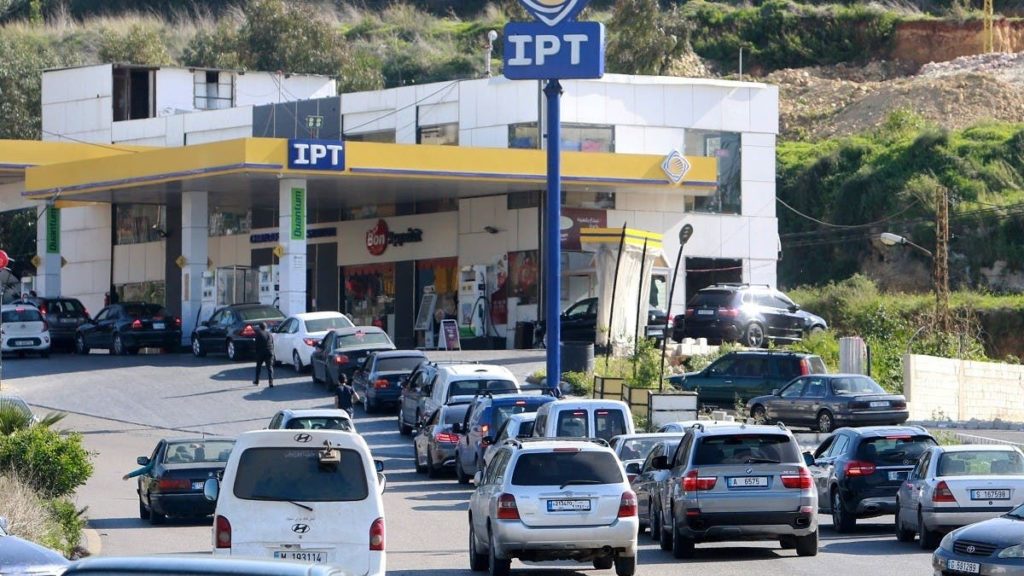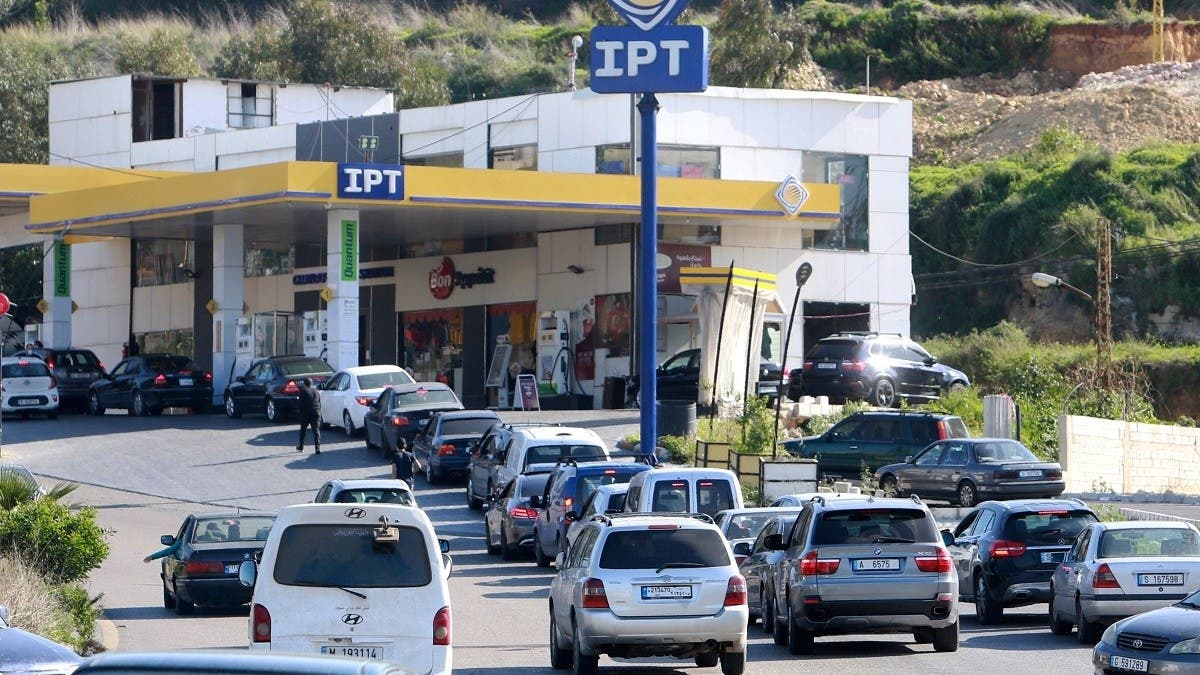
Lebanon’s El Nashra reported that investigation of the fuel situation in Lebanon by the army revealed that there is 90 million liters of fuel stored by the gas stations. They were stored to sell at the higher price after the Central Bank lifted the subsidy.
The army ordered the stations to sell at the subsidized price based on the exchange rate of 3900 LL per US dollar and pledged that any amount of hidden fuel that will be found will be confiscated and distributed for free to motorists
Protesters closed roads in different parts of Lebanon on Thursday, angry over the central bank’s decision to end subsidies for fuel products. The decision was likely to lead to a hike in prices of almost all commodities amid a paralyzing economic crisis.
Outgoing Prime Minister Hassan Diab described the decision by the central bank’s governor as “irresponsible” and illegal, but Salameh revealed that all senior government officials signed off on lifting the subsidy before he announced the decision
The move to end subsidies had been anticipated for months as the bank’s reserves dry up, but on Thursday politicians distanced themselves, and criticized the central bank’s governor, Riad Salameh.
The central bank’s decision, announced late Wednesday, came hours after a meeting attended by the president, and senior government and security officials in which they were reportedly told by the central bank governor that he can no longer maintain subsidies of fuel imports. Diab did not attend that meeting, saying he was in isolation because he had earlier met a person who tested positive for coronavirus.
The central bank on Thursday reiterated its decision, saying subsidies over the past weeks have only helped businessmen, not people in need. Despite subsidies worth $800 million in July alone, fuel products remained scarce in the market, it added. This in reference to the smuggling to Syria of subsidized fuel by Hezbollah which controls all the border points of Lebanon, legal and illegal . Hezbollah has been smuggling not only subsidized fuel but subsidized medicine and flour . The smuggling of these products created shortages in Lebanon. People had to wait for several hours at gas stations to fill their cars with 20 liters of fuel
The fuel crisis has turned violent before, with motorists clashing at gas stations after long waits and fuel running out. On Monday, gunshots and violence at gas stations killed at least three people.


Leave a Reply
You must be logged in to post a comment.